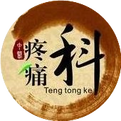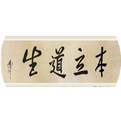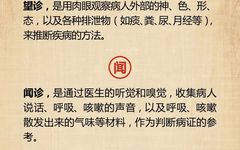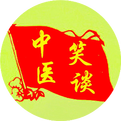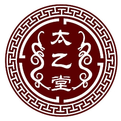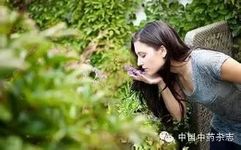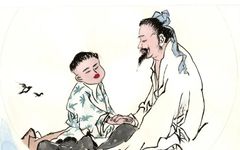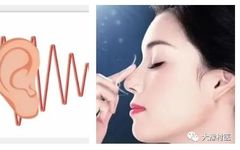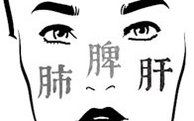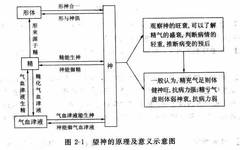Inquiry in Traditional Chinese Medicine (Part Two)
ClickBlue↑FollowUs! The “Ten Questions Song” states: “First ask about cold and heat, second ask about sweating, third ask about head and body, fourth ask about bowel movements, fifth ask about diet, sixth ask about the chest, seventh ask about deafness and thirst, eighth ask about old illnesses and causes, and also consider medication changes; for … Read more

